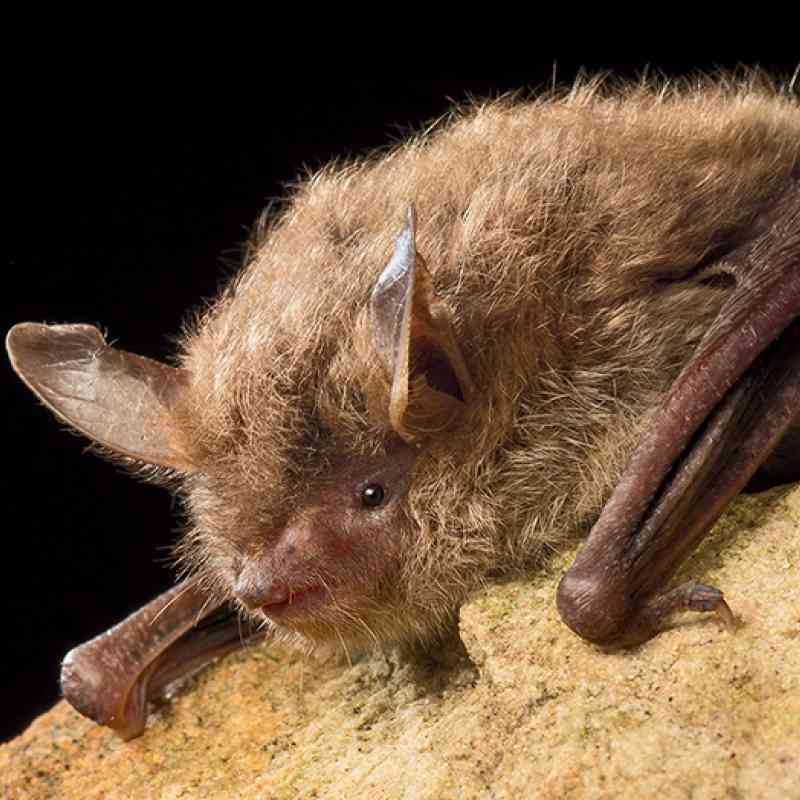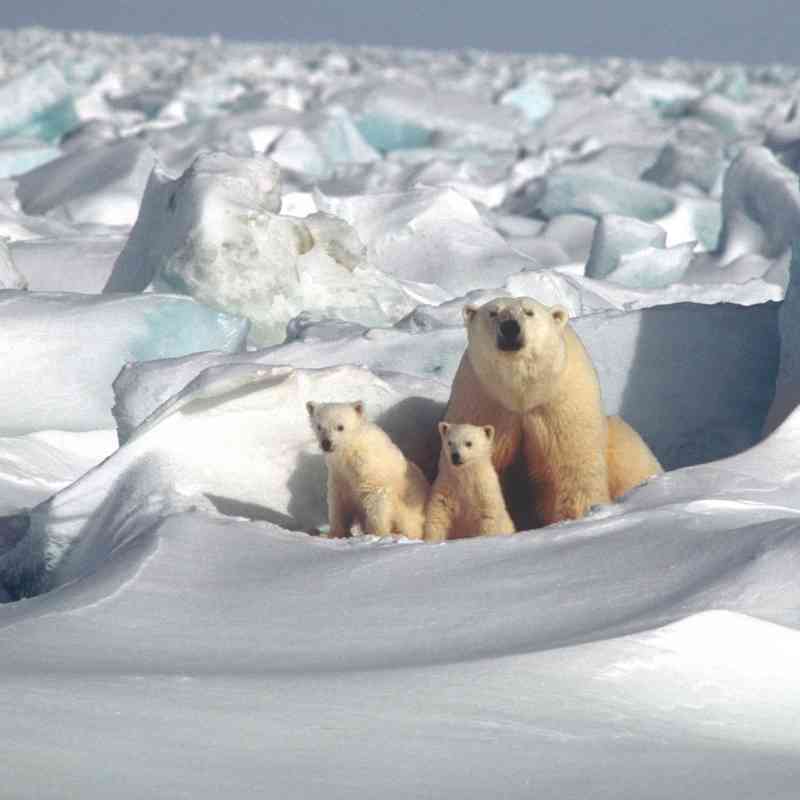The U.S. Supreme Court today declined to review a Ninth Circuit decision that upheld the U.S. Fish and Wildlife’s termination of a failed experimental program known as the “No Otter Zone.” The U.S. Fish and Wildlife Service had determined the program would harm the California sea otter by excluding the animals from their historic range along the Southern California coast.
The high court’s decision marks the end of years of litigation by fishing groups, represented by the Pacific Legal Foundation, aimed at forcing the government to reinstate the program even though it would harm sea otters and prevent the species from recovering.
“It’s a relief to see common sense win the day. The decision to end the “No Otter Zone” was not only reasonable—it was the only option for protecting otters and complying with the law,” said Earthjustice attorney Andrea Treece. “Otters are an irreplaceable part of our coastal ecosystem – otters need kelp forest and seagrass habitat, and those habitats need otters. Allowing otters to expand their population southward without human interference helps sea otters and coastal habitats.”
Earthjustice, on behalf of Friends of the Sea Otter, Defenders of Wildlife, The Humane Society of the United States and Center for Biological Diversity, intervened to help defend the Service’s decision.
Several fishing industry groups sued the U.S. Fish and Wildlife Service multiple times, arguing that it was obligated to continue to implement the “No Otter Zone,” even after the agency determined that doing so would jeopardize the species’ chances at survival and recovery. Two district courts ruled against the industry groups and they appealed the previous rulings.
The Ninth Circuit ruled against these industry groups, confirming that the agency acted fully within its authority by ending the experimental sea otter translocation and management program when it determined it was preventing sea otter recovery rather than promoting it.
“If we want threatened sea otters to make a comeback in California, we need programs that encourage recovery instead of hindering it,” said Kim Delfino, director of California programs for Defenders of Wildlife. “The U.S. Fish and Wildlife Service recognized that the ‘No Otter Zone’ would do more harm than good to sea otters by blocking their access to vital habitat. The court’s decision reaffirms that fact.”
"This decision is a win for sea otters and endangered species everywhere,” said Anna Frostic, managing attorney for wildlife and animal research for the Humane Society of the United States. “The court reinforced that the government has the obligation to amend or terminate a program when it is no longer helping the imperiled species that the government is required to protect."
"The Supreme Court's decision confirms the ruling that the Fish and Wildlife Service made the right decision to let sea otters expand their range naturally, without artificial barriers. If this species is to recover, wider distribution throughout the historic sea otter range is essential," said Friends of the Sea Otter Board Chair Jennifer Covert. “It is gratifying that the fight we have been involved in for approximately two decades to end the no otter zone has now been confirmed by the courts.”
The conservation groups defending the decision opposed high court review, pointing out that the decision was also fully consistent with the Fish and Wildlife Service’s independent obligation to protect and recover listed species under the Endangered Species Act.
“It’s great to see the Supreme Court deferring to wildlife professionals on ending this ill-conceived program. Sea otters and the people who love them should be applauding this victory,” said Miyoko Sakashita, oceans program director for the Center for Biological Diversity. “This decision helps keep California’s sea otters on the path toward recovery.”
Defenders of Wildlife is celebrating 75 years of protecting all native animals and plants in their natural communities. With a nationwide network of nearly 2.2 million members and activists, Defenders of Wildlife is a leading advocate for innovative solutions to safeguard our wildlife heritage for generations to come. For more information, visit defenders.org/newsroom and follow us on Twitter @Defenders.



